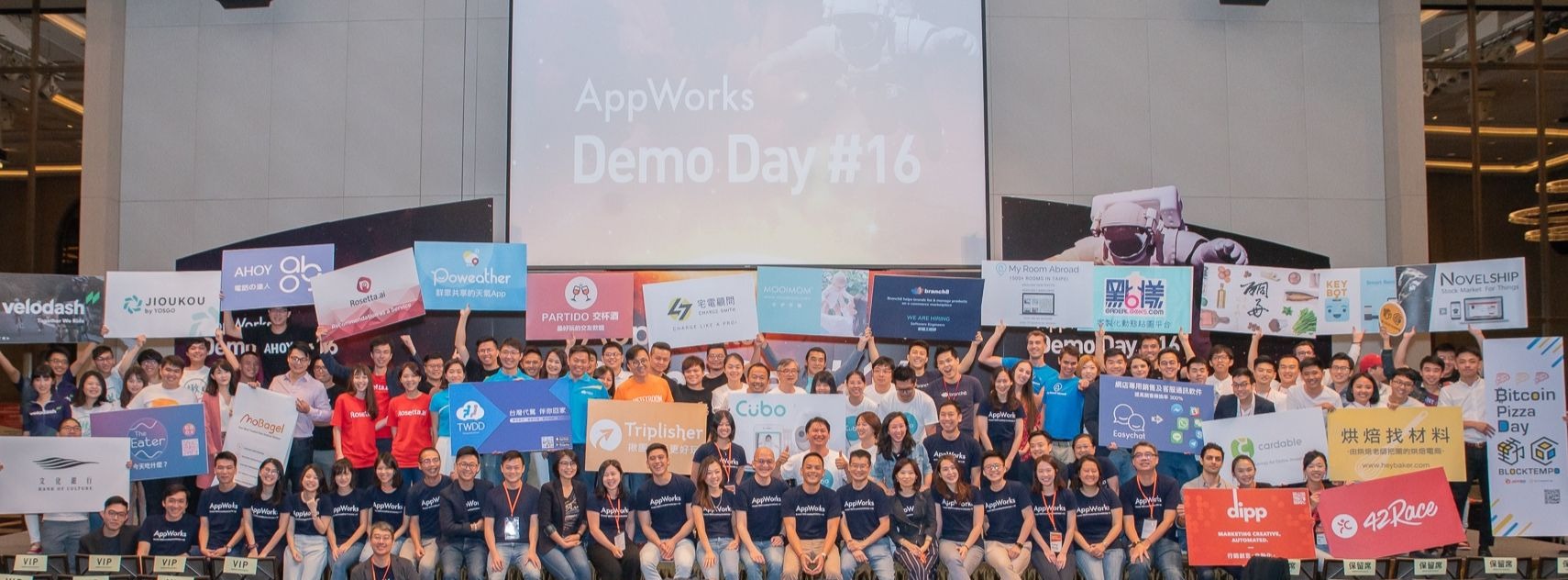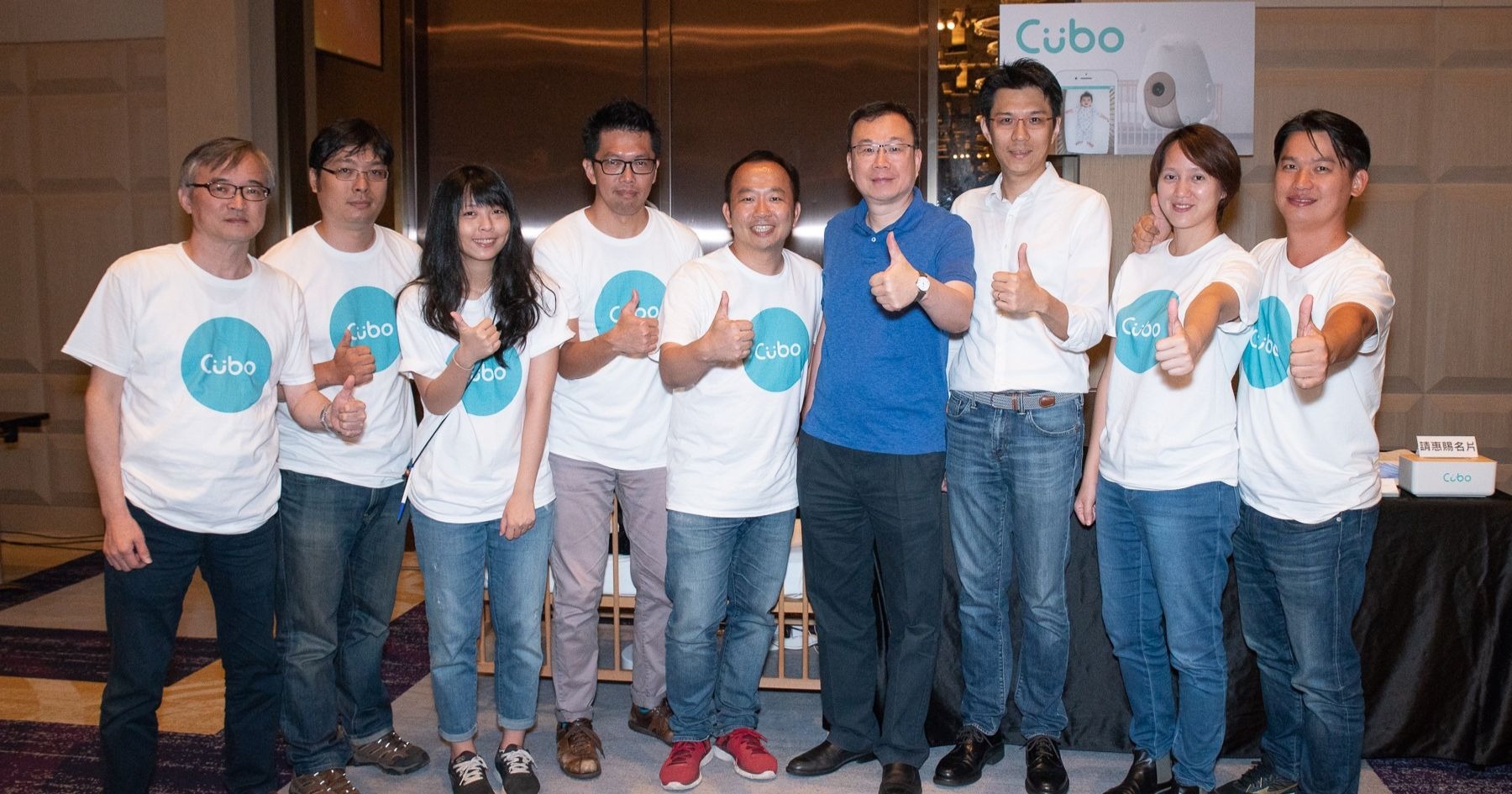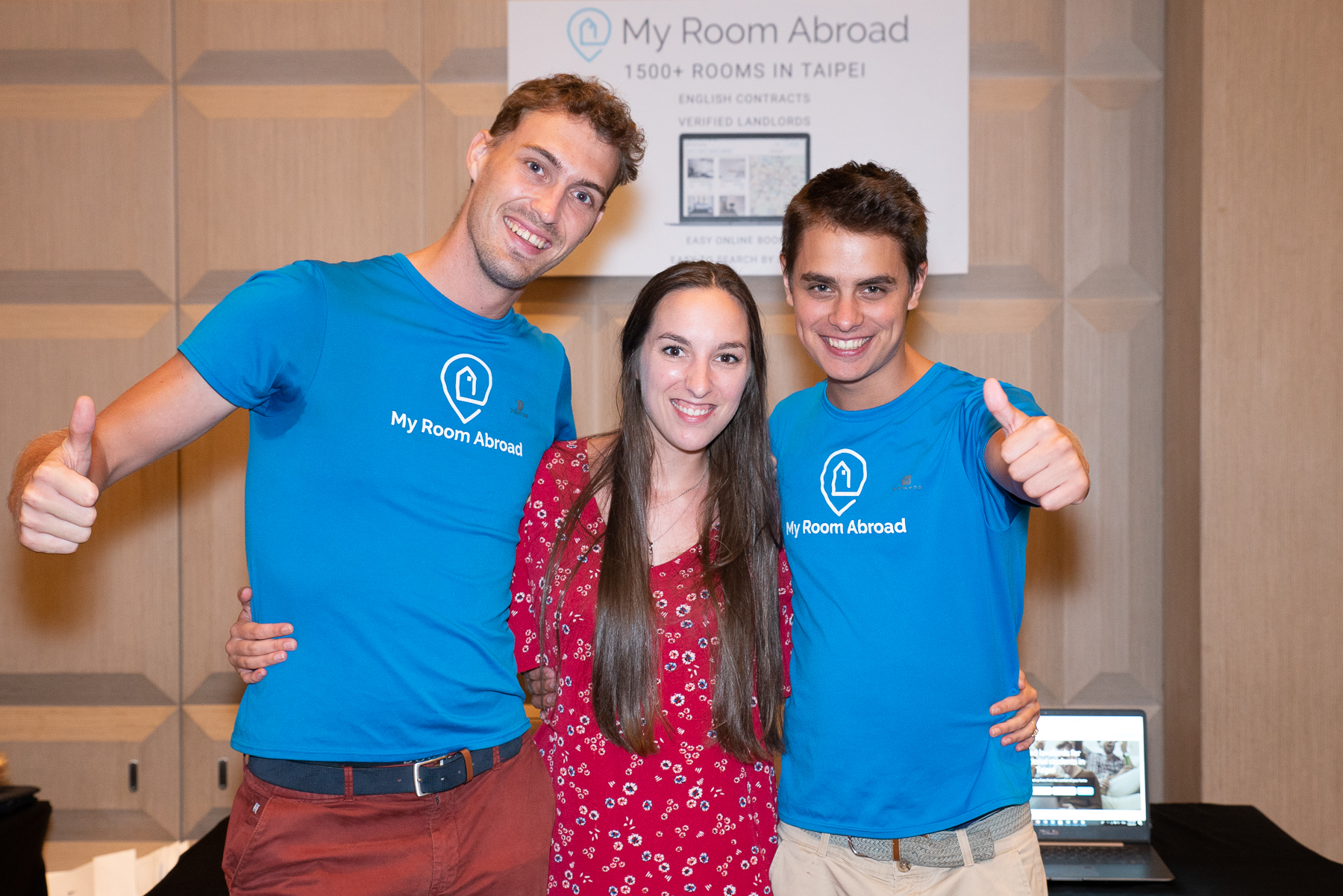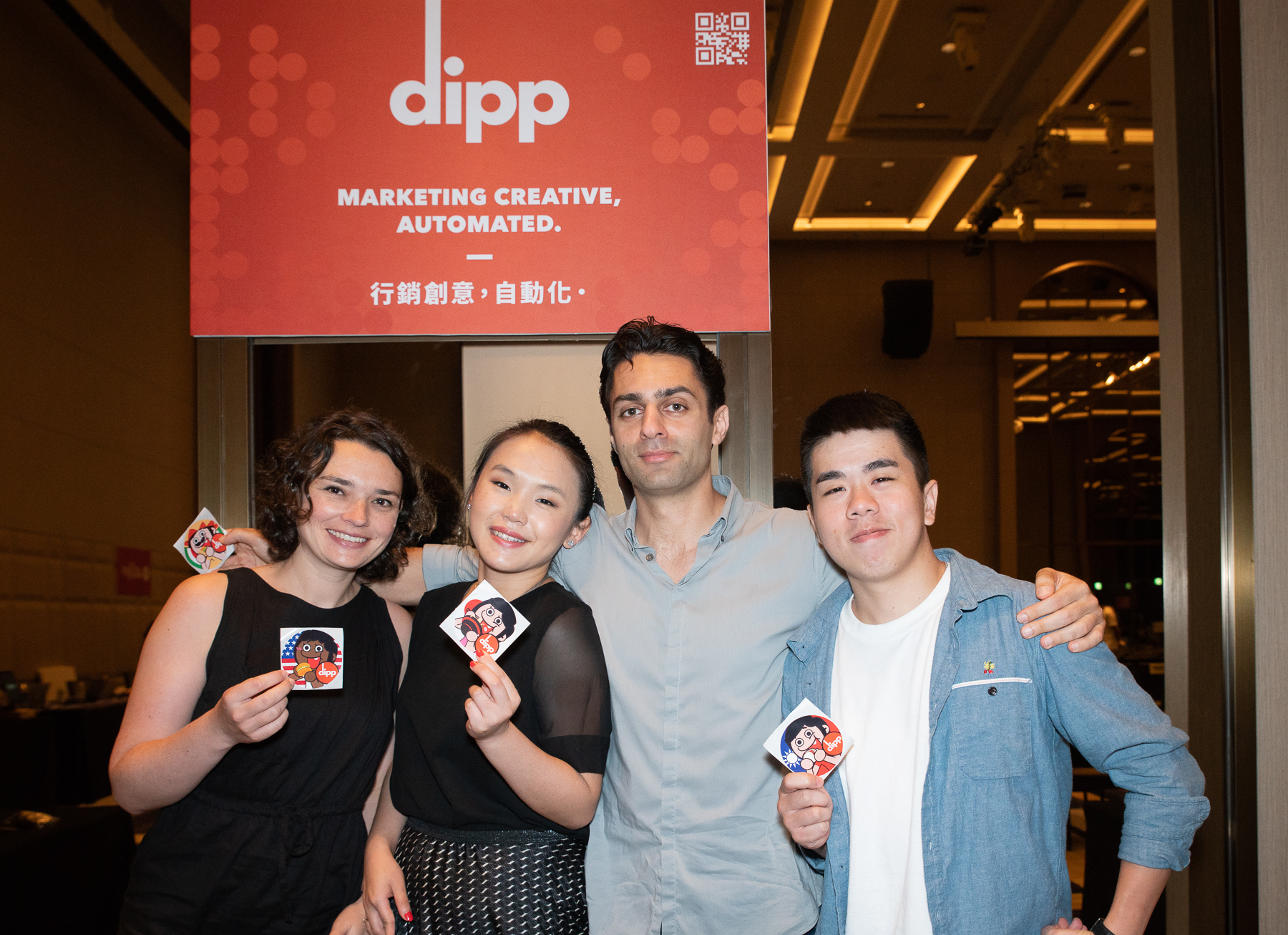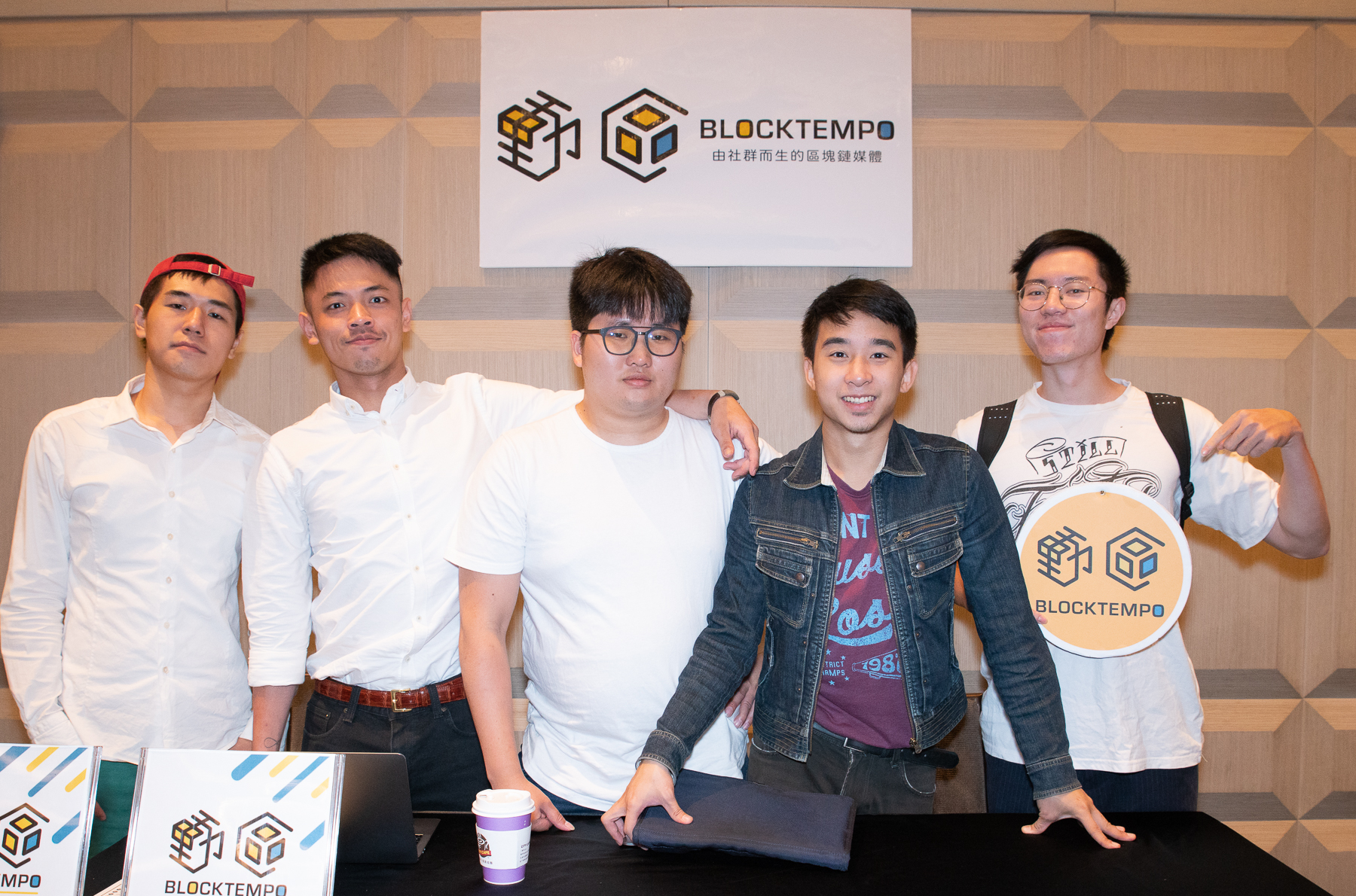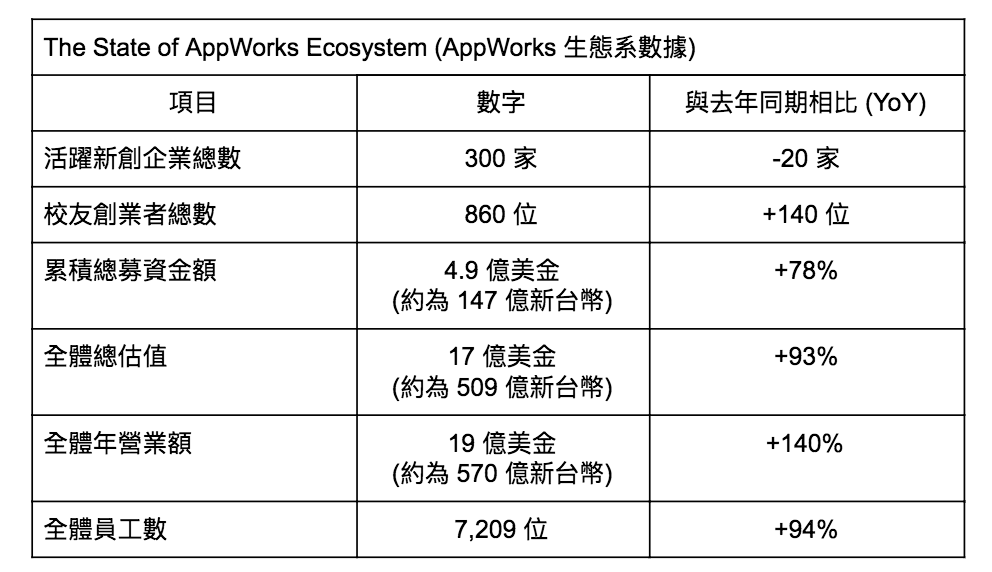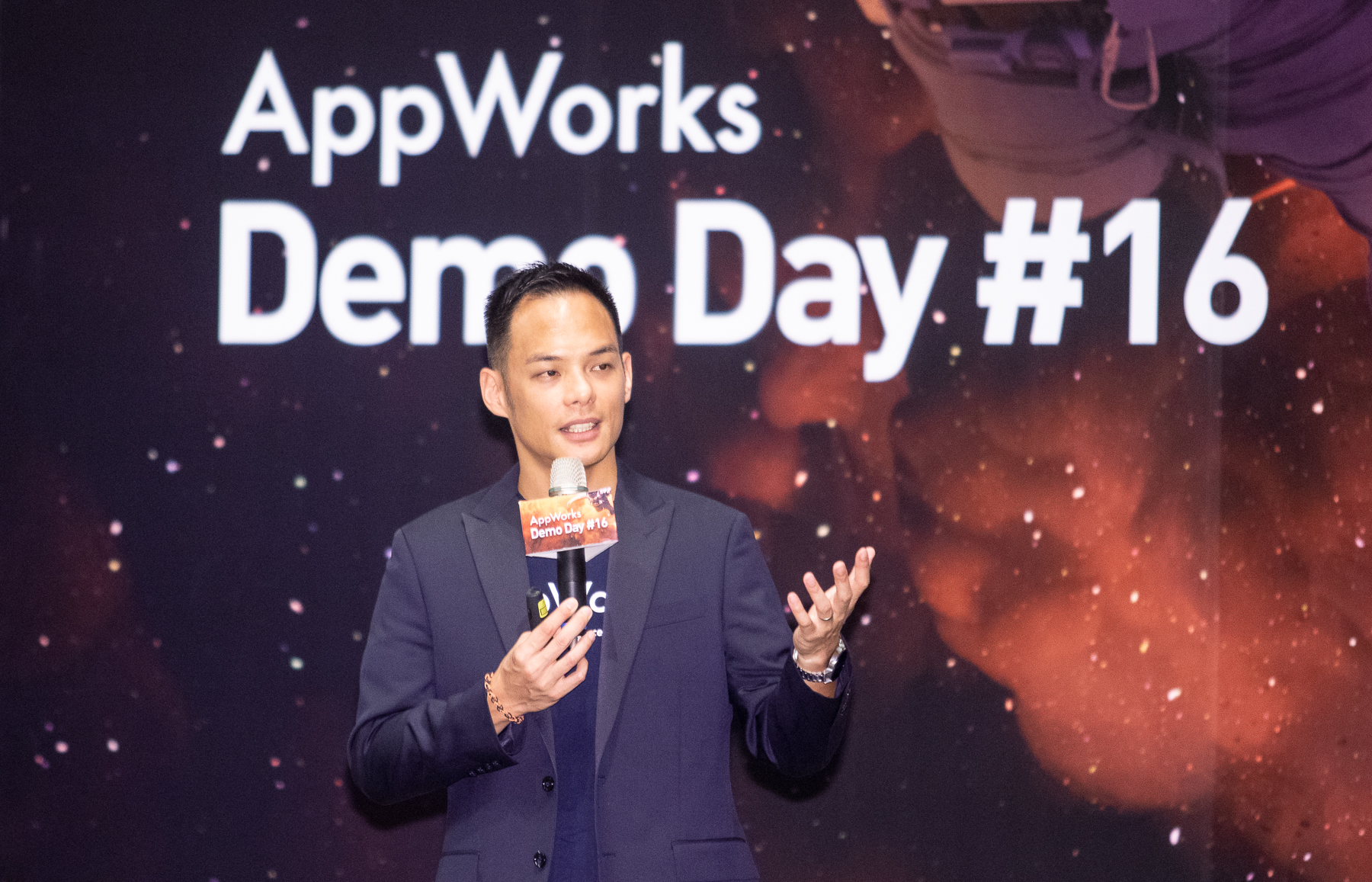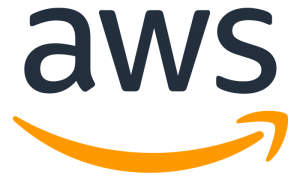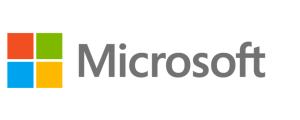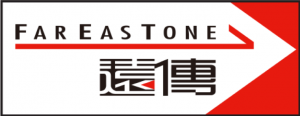
Jun Wakabayashi, Analyst (若林純 / 分析師)
Jun is an Analyst covering both AppWorks Accelerator and Greater Southeast Asia. Born and bred in America, Jun brings a wealth of international experience to AppWorks. He spent the last several years before joining AppWorks working for Focus Reports, where he conducted sector-based market research and interviewed high-level government leaders and industry executives across the globe. He’s now lived in 7 countries outside US and Taiwan, while traveling to upwards of 50 for leisure, collectively highlighting his unique propensity for cross-cultural immersion and international business. Jun received his Bachelors in Finance from New York University’s Stern School of Business.
It’s been a couple months now since the e-commerce world was shaken up with Alibaba doubling down on Southeast Asian unicorn Lazada Group, and the stunning installment of its top executive Lucy Peng as CEO, replacing the group’s founder Max Bittner.
Embed from Getty Images
The US$ 2 billion injection was the 3rd investment that Alibaba made into Lazada in the span of 3 years, and actually should not come as a surprise to followers of the deal. When considered in aggregate, each successive round adds to a constantly evolving narrative surrounding Alibaba’s bullish bet on Southeast Asia:
Apr 2016 (US$ 1 billion) – Alibaba dips its toe in SEA by acquiring a controlling stake in the region’s largest e-commerce player Lazada
June 2017 (US$ 1 billion) – Alibaba likes what it sees and ups the ante by increasing its stake to 83 percent, pushing out all other shareholders except Temasek and Lazada management
Mar 2018 (US$ 2 billion) – Alibaba doubles down and takes over the reins by replacing Bittner with one of their homegrown executives, Lucy Peng
With e-commerce only at 3 percent of SEA’s total retail penetration, the US$ 2 billion war chest is certainly expected if Lazada wants to keep pace with its peer Shopee, whose parent company Sea Group recently emerged with US$ 1.3 billion of fresh funding from its IPO. What’s more curious, though, is the change in leadership at the top.
As startups scale into sizable enterprises, it is not uncommon for founder CEOs to be replaced by experienced executives. However, on the surface Bittner is credited with having built the necessary infrastructure and awareness to turn Lazada into a regional powerhouse. Yet, with this change in leadership, Alibaba is making a forthright statement that Lazada’s future is in better hands with Peng at the helm—and taking a closer look at both their storylines reveals why.
A Humble Executive
Although the English speaking world may not have heard of her until she was appointed Lazada’s new CEO this past March, Lucy Peng is actually a household name in China. She’s one of the 18 fabled founders of Alibaba and one of 21 self-made billionaires in China.
That said, besides maintaining a low profile to begin with, Peng had for the better part of a decade remained behind the scenes focusing on establishing and cultivating human resources, eventually transitioning into the role of Alibaba’s Chief People Officer. She was largely seen as the powerful right-hand woman behind the company’s illustrious founder Jack Ma, and the person he supposedly trusted the most to instill a culture of humility and passion at Alibaba.
In 2010, Peng stepped into her first public role, tasked with the sole objective of rescuing Alibaba’s payment arm Alipay. It was her first time serving as CEO, successfully turning Alipay around, and then in 2014 transforming Alipay into Ant Financial, now the world’s most valuable fintech company. Peng has certainly earned her rockstar credentials as a chief executive who can steer a company from loss to profit, a much needed role for the cash-hemorrhaging Lazada.
A “Rocky” Foundation
As a Rocket Internet venture, Lazada followed a pre-defined playbook, tried and tested across the German incubator’s couple dozen other startups around the world. The strategy generally involves recruiting Western-educated ex-banker or consultants to follow a three step formula: identify (a proven biz model), build (IT, SEO, BI, CRM), and rapid scale (massive fundraising and hiring). Newly formed management teams are tied to strict KPIs and compressed deadlines, often expected to launch new companies within 100 days.
In this case, Lazada was founded in 2012 with the express intention of replicating Amazon’s business model in the nascent SEA market. The strategy worked in that Lazada was able to raise successively greater thresholds of funding, enabling rapid geographic expansion. In 2015, Lazada claimed to have recorded a total of US$ 1.36 billion in GMV across six markets in Southeast Asia, making it the region’s largest e-commerce player.
But rapid growth came at an unsustainable cost. It reported a EU$ 296.5 million (US$ 334 million) loss for 2015, more than double that of 2014, leaving it at serious risk for insolvency had it not been for Alibaba’s cash infusion in 2016.
Furthermore, with such a fast-tracked approach to hiring, you’re bound to get a couple bad apples. Fung Fuk Lestario, a former Lazada co-founder and CEO in Indonesia, once stated that he had to employ 50 people within months of starting his business. At that time, the cultural structure had not yet been established, resulting in a lot of internal friction and ultimately attrition.
It is not surprising then to see issues like instability, culture, and work-life balance as the most commonly cited “cons” on Lazada’s Glassdoor page.
Luckily, as one of the few original co-founders of Alibaba to still maintain an executive position, Peng has seen and done it all from 0 – 100. Whether it’s implementing a structured HR system, instilling a cohesive culture, recruiting the right talent, or improving a startup’s capital efficiency as operations reach uncontrollable scale, Peng is the most certainly the most ideal candidate to bring this hodgepodge of gun-slinging rocketeers in line.
A Chinese Edge
Externally, Peng herself has admitted that English is not her strong suit, but perhaps it doesn’t need to be. China maintains deep economic and cultural ties to Southeast Asia. The region is home to approximately 70 percent of all overseas Chinese and displays many of the same socioeconomic trends that China—and Alibaba for that matter—had experienced merely 10 years ago. These include a lack of reliable infrastructure and logistics networks; sparse but fast-growing internet and mobile penetration; and a rising middle class just now coming to terms with consumer sophistication and digital adoption.
From 2005 to 2016, China’s share of the global e-commerce market grew from a paltry 1 percent to roughly 42 percent. Having witnessed first-hand the radical transformation of China’s digital economy, Peng is in a prime position to better understand local mindsets and steer Lazada in the right direction as SEA’s own digital awakening materializes.
Although the new stint will be the first time that she’s actually based in Southeast Asia, Peng is certainly not unfamiliar with the region. During her tenure at Ant Financial, she oversaw the integration of Lazada’s legacy payments platform helloPay in 2016, which was subsequently rebranded as Alipay, and also facilitated investments in several local fintech players across the region including Mynt in the Philippines, Ascend Money in Thailand, Dana in Indonesia, Touch N Go in Malaysia.
Internally, although Peng is inheriting a largely white, male-dominated C-suite at Lazada, Alibaba has already reportedly been outfitting senior level positions with their own executives, and with more and more key personnel being moved to the mainland. So, language and culture clash might not be as big an issue as some might think.
Shopee’s leadership team, by contrast, has long been populated with Chinese natives including the group’s founder and chairman Forrest Li and the company’s CEO Chris Feng. And they certainly haven’t been shy about embracing their roots. Aside from counting Tencent as a major shareholder, parent company Sea already maintains a tech hub in Shenzhen where Lazada only recently established R&D operations. They’ve also made swift inroads into the Taiwanese market, which currently accounts for roughly 38 percent of their total orders and is arguably the main contributor behind Shopee’s contested leadership in “Greater Southeast Asia.”
Lazada has done a decent job of tapping into the financial and strategic might of Alibaba in the last two years, but with Peng in charge we’re likely to see much more seamless integration with the Chinese mothership, particularly as it comes to leveraging technology, logistics, and shared resources in SEA.
A New Mandate
It is no secret that Alibaba’s sights are set far beyond the borders of China. But the Baba empire’s global conquest has not been met without ample resistance. In India, Amazon and Flipkart are clamoring neck-in-neck for the top two spots, while Alibaba remains in a distant tow. Amazon seems to have its hands tied with India, as they’ve yet to announce any substantial developments in SEA other than the launch of Prime in Singapore last year.
Regardless, Alibaba doesn’t seem to be taking any chances. What started off as Alibaba’s trojan horse in Southeast Asia has now evolved into its frontline offensive to capture a potentially US$ 200 billion e-commerce market, with one of their most trusted generals now leading the charge. So yes, Lucy does have her learning curves to overcome but she’s the most tactical candidate to drive Lazada forward as it continues to capitalize on the region’s burgeoning e-commerce market.
IMPACT 2018 is an annual tech conference that will feature CEOs and founders of GSEA’s most valuable startups such as Grab. Be sure to sign up now.
Photo: Lazada



